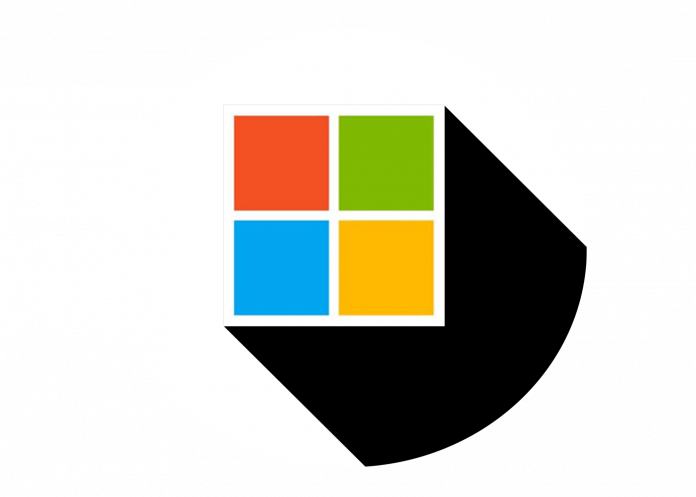The third quarter of 2020 has proved to be a busy one for the cybersecurity firms. With COVID-19 enforcing work-from-home and remote workforce policies, Microsoft and Amazon are the two frequently used internet companies during the pandemic.
Being on top comes with its own set of responsibilities. CheckPoint recently found that Microsoft is on top of the list for hacker impersonation for phishing attacks in Q3 2020.
Furthermore, Microsoft makes for 7% of cyber attacks, and has climbed the list from the fifth place to one.
Other big names following Microsoft are Google, Netflix, Paypal, Facebook, Apple, WhatsApp and Instagram.
Hackers have targeted remote workers during the pandemic and the statement has been confirmed by Omer Dembinsky, Manager of data threat intelligence at CheckPoint in a statement that said, “Remote workers are a focal point for hackers,”. He further added, “Companies globally have their employees working remotely because of the coronavirus pandemic, possibly for the first time ever. There are currently billions of people now working remotely, many of them doing so for the first time in their lives. The sudden change has left many companies and remote workers unprepared to handle the latest cyber attacks. Hackers, sensing a big opportunity, are imitating the brand most known for work: Microsoft.”
CheckPoint researchers also discovered that malicious emails were going around during September, impersonating Amazon and stealing user’s credit card details. Amazon has shown a splendid growth during the pandemic and has attracted a huge amount of attention from the threat actors trying to take advantage of the pandemic. The fraudulent emails said that the user’s account has been locked due to too many failed attempts and redirected users to a fake website encouraging them to update their billing information.
This is a critical issue as there’s a lot of confidential information floating around on the internet as people rely on these companies for their daily tasks. We suggest people steer away from responding to or taking action related to any emails from Microsoft if possible.

